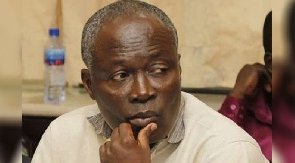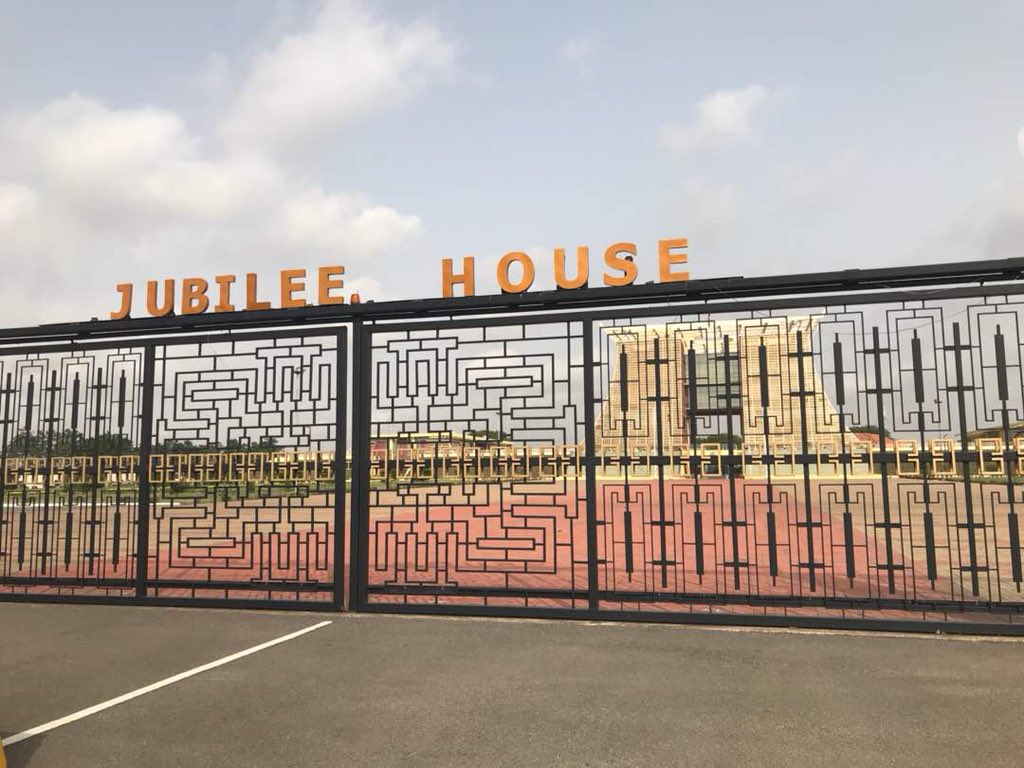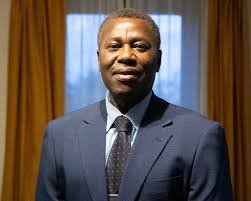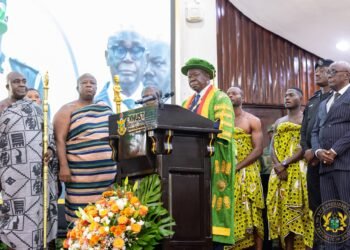Ghana’s journey toward renewal, as envisioned by President John Dramani Mahama, faces its most defining test – the ability of leadership to act decisively against wrongdoing.
This call for moral courage and institutional discipline stands at the heart of a national conversation that has grown louder since President Mahama’s promise of a “reset” nine months ago.
In a detailed commentary, Dr. Isaac Yaw Asiedu, a consulting professional with a PhD in Materials Science Engineering, has argued that Ghana’s transformation depends not merely on policy ambition but on the moral authority to confront corruption, fraud, and lawlessness wherever they persist.
Failure to act against these, he said, “inadvertently fosters a culture of impunity.”
“For many citizens, the reset remains largely a promise, not a reality. Across towns and cities, the same question resonates: when will leadership demonstrate the courage to confront wrongdoing head-on?”
Dr. Isaac Yaw Asiedu, Consulting Professional and Columnist
Dr. Asiedu contended that every moment of hesitation strengthens the wrong roots and weakens confidence in public institutions. He stressed that leadership that tolerates wrongdoing sends a dangerous message – that stealing, bending rules, and abusing authority have no consequences.

The effect, he observed, is that citizens begin to lose faith not only in government but in justice itself. “Inaction against known offenders,” he explained, “undermines public confidence and perpetuates a sense of helplessness.”
The Foundation of Reform
Ghana’s struggle with corruption has long been a drag on national progress. Public funds are diverted, regulations ignored, and contracts mishandled, while accountability remains elusive. For Dr. Asiedu, this erosion of discipline strikes at the core of governance and development.
“If citizens see wrongdoers moving freely while promises of accountability linger in the air, it cultivates cynicism and disengagement from civic responsibilities”
Dr. Isaac Yaw Asiedu, Consulting Professional and Columnist
The failure to prosecute wrongdoing decisively, particularly in high-profile cases, creates a vicious cycle where corruption becomes normalized. This, he said, weakens both the credibility and legitimacy of government, turning the idea of a national reset into a distant aspiration.
Dr. Asiedu insisted that any genuine reset must begin with discipline at the top – among those who wield authority. Without it, even ambitious economic policies risk collapse. He cited the President’s flagship 24 Hour Economy as an example, arguing that its success depends not only on innovation and productivity but also on trust, fairness, and enforcement of rules.

“Without discipline, even bold initiatives – cannot succeed, because fraudsters and wrongdoers will continue to undermine progress,” he explained, observing that no system can thrive in an environment where impunity outweighs accountability as citizens will disengage, investors will hesitate, and institutions will falter – if leadership fails to uphold the rule of law.
Galamsey, Squatter Challenges, and National Progress
The consulting professional drew attention to two of the country’s persistent challenges – galamsey and urban squatting – as mirrors of Ghana’s accountability crisis.
Despite repeated government interventions, illegal mining continues to devastate the environment, poisoning rivers and destroying farmlands, while squatters in parts of Accra and other cities openly demand money from property owners before vacating lands they do not own.
“Who holds more power in Ghana today – the President or the wrongdoers?” Dr. Asiedu asked pointedly, reflecting growing public frustration with law enforcement inertia. These situations, he emphasized, reveal the widening gap between authority and action.
For Ghana’s reset to succeed, Dr. Asiedu argued that moral leadership must guide political ambition. The President, he said, must ensure that justice is not delayed or compromised.
He maintained that swift and visible action against corruption, fraud, and lawlessness will reassure the public that the promised reset is indeed underway. “It is the cornerstone of any meaningful national reset,” he stated.

Institutions, he continued, mirror the standards set at the top. Ministries, agencies, and law enforcement bodies take their cue from the President’s tone. If discipline is compromised at the leadership level, the entire governance structure weakens, creating room for inefficiency and corruption to thrive.
Dr. Asiedu concluded that restoring discipline is not just a governance issue but a national survival imperative.
To rebuild trust, President Mahama’s administration must demonstrate through action that wrongdoing has consequences as visible enforcement will not only inspire citizens but also rebuild investor confidence and institutional integrity.
Ghana’s reset, he insisted, cannot wait. The time for words has passed – it is action, not intention, that will define the nation’s next chapter.
READ ALSO: Ghana’s Cocoa Sector Roars Back with $2.47bn Export Surge























